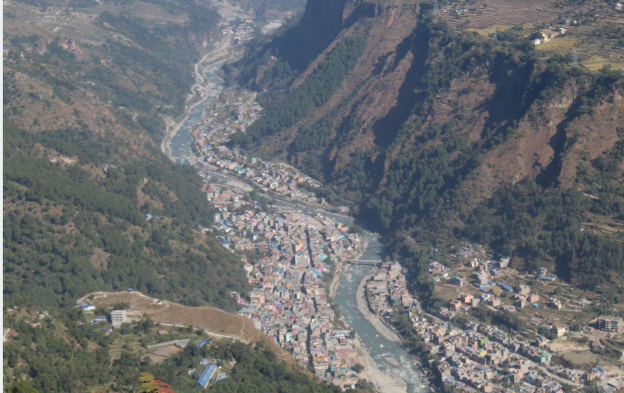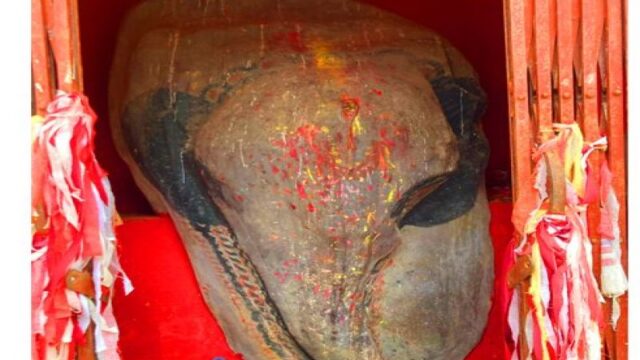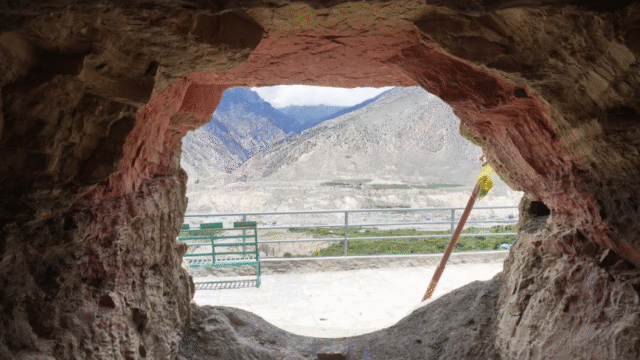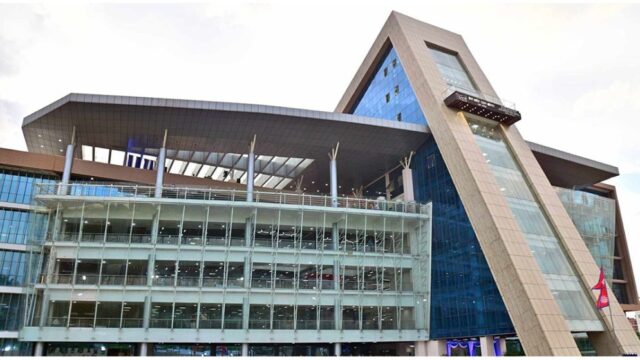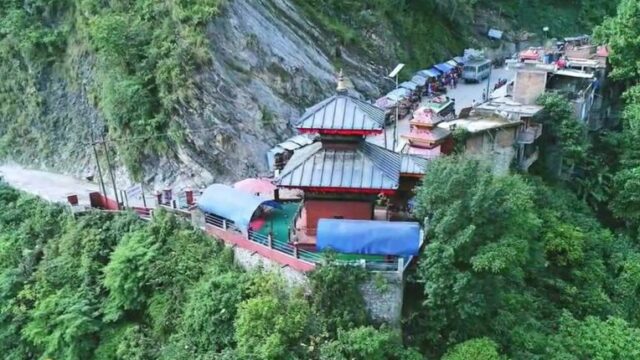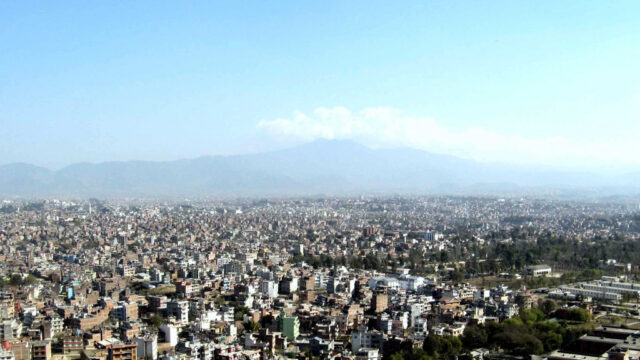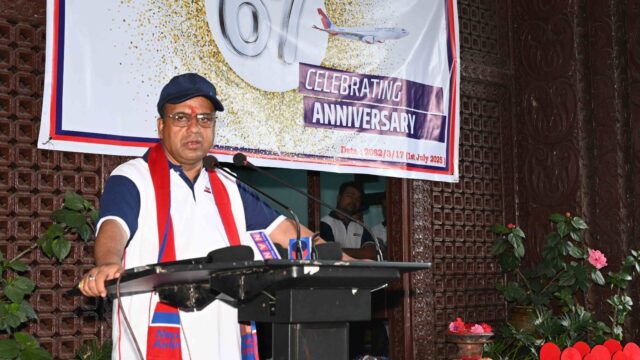The Kaligandaki River, known for its religious, cultural, and ecological significance, is facing a severe crisis due to unregulated excavation, road construction, and human encroachment. These activities have started to threaten the river’s water civilization, which is crucial not only for its spiritual importance but also for its unique biodiversity, including the presence of the rare Shaligram stones, found only in this river.
In recent years, the natural state of the sacred Kaligandaki River has been deteriorating. The once pristine waters, revered for their purity, are now being polluted by the discharge of sewage from urban areas, as the river flows from Mustang’s Jomsom to Myagdi’s Beni and further to Ridi in Gulmi. Sagarjeevi Upadhyay, an activist from the “Save Kaligandaki Campaign,” expressed concern that the river’s waters are becoming increasingly polluted due to the indiscriminate disposal of urban waste.
Environmentalists have highlighted that the construction work along the Beni-Jomsom-Korala section of the Kaligandaki Corridor has significantly altered the river’s original form. Stones, soil, and debris from road expansion, coupled with annual floods and landslides, have drastically changed the river’s landscape. The use of bulldozers and excavators for haphazard excavation has disrupted the river’s hydrological cycle, causing severe environmental degradation.
Hari Sigdel, an environmental conservationist, pointed out that uncontrolled extraction of riverbed materials like sand and stones has not only altered the river’s natural course but also displaced aquatic life. Despite a Supreme Court interim order issued two years ago prohibiting excavation and pollution in the river, these destructive practices continue, according to Madhav Prasad Regmi, Chairman of the Galeshwar Shivala Area Development Fund. Regmi warned that changes in the river’s flow could lead to an increased risk of floods and landslides, endangering settlements along the riverbanks.
Indraman Sherchan, a local businessman, noted that the Kaligandaki River has become narrower and deeper than before, raising concerns about the heightened risk of flooding, landslides, and riverbank erosion. The Supreme Court issued an interim order in July 2022, instructing the Office of the Prime Minister and Council of Ministers not to undertake any activities that would adversely affect the river’s natural flow or environment. The order, issued by then-Chief Justice Cholendra Shamsher Jabara, remains in effect until a final decision on the matter is made.
The Kaligandaki River is more than just a waterway; it is a vital part of Eastern civilization and culture. It is revered as a sacred river where King Bharat performed penance and Lord Vishnu is believed to have walked. The river’s significance is further amplified by its unique status as the only source of Shaligram stones in the world. According to Hindu beliefs, cremations along the banks of the Kaligandaki ensure that the soul attains heaven.
Pandit Bhimnath Parajuli emphasized the river’s unparalleled religious importance, as well as its crucial role in sustaining the lives of animals, birds, insects, and humans. He highlighted that the Kaligandaki’s value extends beyond its spiritual significance, encompassing its biological, cultural, and human importance.
The river’s stretch from Muktinath to Devghat is considered exceptionally sacred, irrigating thousands of hectares of land and serving as a source of hydroelectric power, including the Kaligandaki Hydropower Project, the largest in Nepal.
Local stakeholders have called for the government at all levels to implement policies and plans to protect the river and prevent further environmental damage. The Kaligandaki River, with its historical, cultural, and ecological importance, must be preserved to ensure that its water civilization and existence do not fall further into crisis.
